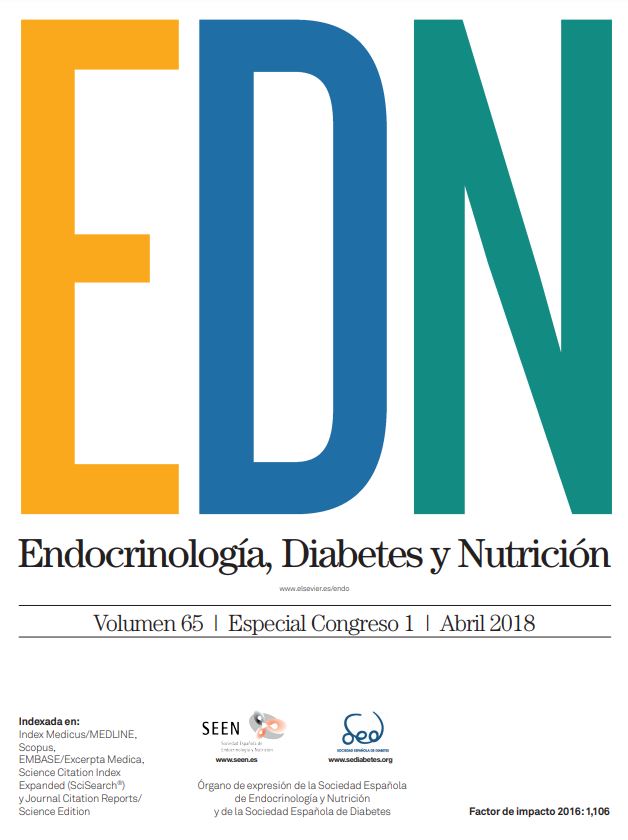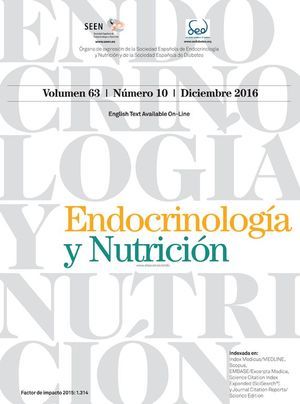P-171 - PREVENTIVE EFFECTS OF A SARDINE-ENRICHED DIET ON METABOLIC AND METABOLOME PROFILE IN AN ELDERLY POPULATION WITH PREDIABETES
aDiabetes and Obesity Laboratory,Institut d’Investigacions Biomèdiques August Pi i Sunyer (IDIBAPS)-Hospital Clínic, Barcelona. bLes Corts Primary Health Care Centre, Transverse Group for Research in Primary Care-IDIBAPS, Barcelona.
Introduction: Type 2 Diabetes (T2D) is one of the major metabolic disorders and cardiovascular (CV) risk factors. T2D is an irreversible but preventable disease. Prediabetes (preDM) always precedes it and is a high-risk state for develop it. The prevalence for T2D and preDM is increasing worldwide representing the 13.8% and the 14.8% of adults in Spain respectively. Up to 70% of individuals with preDM will develop T2D and the annual conversion ratio is around 5-10%. It is well known that nutritional habits, physical activity and other lifestyle related variables are closely linked to the likeliness of suffering from T2D and other associated cardiovascular diseases. Previous works demonstrated that a lifestyle intervention reduced up to 50% the relative risk of T2D in the preDM population. Diet is one of the most important modifiable risk factors. Contradictory results between consumption of fish and diabetes have been discussed in many studies. Concretely, fatty fish is an interesting food proposal in a T2D-preventive diet due to omega-3 fatty acids and some amino acids as taurine. Both have been studied due to their beneficial effects against CV events and in the prevention of the development of a T2D. Sardines are a rich source of these nutrients.
Objectives: Our hypothesis was that the consumption of a combined a common T2D-preventive diet with sardine-rich diet will produce a greater favorable impact avoiding the natural development of the pathology due to changes in the biochemical parameters, the anthropometrics measurements and the metabolomic profile.
Material and methods: It’s a cohort study for which 39 participants were recruited from three primary care centers. They were preDM patients with ≥ 65 years old and were randomized into two groups. Both groups received the same nutritional education according to the guidelines and protocols of preventing T2DM through diet but just one of them had to add 200 g of sardine per week during a year (control group: CG and sardine group: SG).
Results: Both groups reduced weight and BMI (p-value < 0.05) but SG showed, in compare to CG, a heavier decrease of the number of individuals with high and very high risk of developing T2DM (p-value = 0.05). Moreover, the HbA1c levels (p-value = 0.04) and the risk of suffering CV events (p-value < 0.01) were reduced in this group while the difference of adiponectin levels was increased (p-value = 0.03) for SG. Metabolomic studies showed that taurine (p-value = 0.03), omega-3 fatty acids (p-value < 0.01), and bile acids metabolites levels were increased in SG which might have a preventive effect on CV events and T2D.
Conclusions: Therefore, we conclude that the combination of T2D-preventive diet enriched with a 200 g weekly intake of sardine is healthy and has a greater protective effect against developing T2D and CV events.







